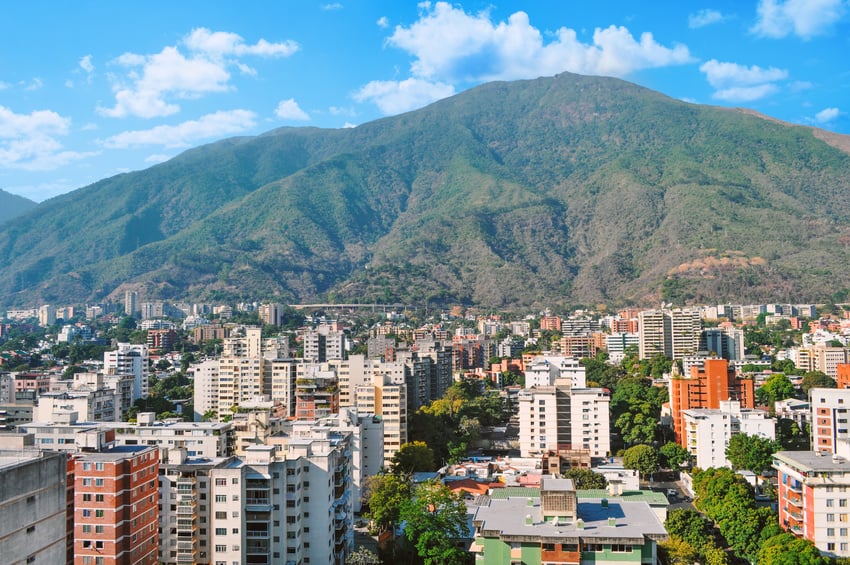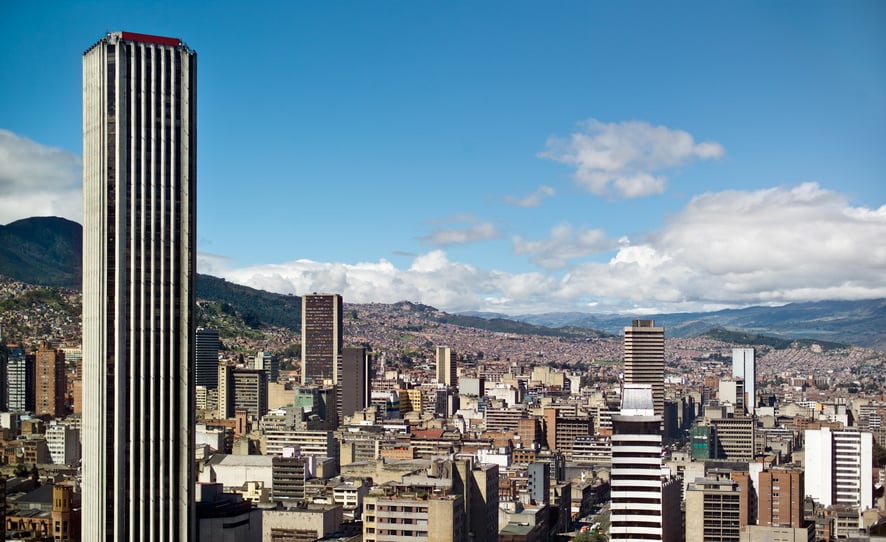The Ministry of Health issued Resolution No. 137 of 2 December 2021 (“Resolution”) that establishes the guidelines for the labeling of foods for human consumption that contain (i) sugar, (ii) saturated fats and (iii) trans fats. The Resolution entered into force on 7 December 2021. The Resolution regulates the labeling of foods through the use of front labeling on the containers and is applicable to manufactured or packaged foods that are marketed in the country.
On 4 January 2022, Disposition No. 1/22 issued by the National Registry of Persons (Renaper) was published in the Official Gazette, approving Renaper’s Personal Data Protection Policy (“Policy”). The Policy aims to safeguard and protect the right to privacy of individuals whose data is processed by Renaper.
On 14 December 2021, CETESB (Environmental Agency of the State of São Paulo) published Board Decision No. 125/2021/E of 9 December 2021, which approved the updated list of thresholds for contaminants in the soil and groundwater in the State of São Paulo and revoked the former list approved by Board Decision No. 256/2016/E, of 22 November 2016.
The National Executive issued Decree No. 4,622 of 9 December 2021,1 extends the validity of Decree No. 4,5252 on Optimization of Export Processes for six months (i.e., until June 2022). The purpose of the Decree is to optimize export processes by streamlining the certificates, permits and licenses required by public administration bodies and entities.
Emergency Decree 886/2021, published on 24 December 2021, does not extend the prohibition to terminate employment without cause and for lack or reduction of work or force majeure, or to suspend employees for lack or reduction of work or force majeure. The Decree also sets forth a progressive schedule that reduces the additional severance until its finalization in June 2022.
On 12 September 2018, four deputies presented a bill or motion that sought to implement a mining royalty for the mining exploitation of copper and lithium in Chile. The royalty would be different from the Specific Mining Tax in force in the country. According to the proposed bill, the need for this ‘new’ royalty is due mainly to the poor participation of the Specific Mining Tax in Chile’s gross domestic product in contrast with the large profits for those in the mining industry.
The Colombian competition authority, Superintendence of Industry and Commerce, initiated an investigation against División Mayor del Fútbol Profesional Colombiano, the entity in charge of organizing and operating the Colombian professional soccer league, sixteen (16) professional soccer teams, and twenty individuals associated with them, after allegedly participating in a no-poach agreement.
A recent Washington Post article about child labor in the Brazilian acai industry underscores the need for companies to develop compliance programs intended to identify and mitigate the risk of possible child labor in their supply chains.
USMCA: The Labor and Employment Market and Rapid Response Labor Mechanisms (December 2, 2021)
In this Quick Chat video, Baker McKenzie’s Labor and Employment lawyers discuss several key aspects of the USMCA Free Trade Agreement, including the freedom of association, the recognition of the right to collective bargaining, including a discussion of workforce unions and employer compliance, the procedure for initiating a complaint under the Rapid Response Labor Mechanism and treaty trade sanctions.
On 6 October 2021, the CETESB (environmental agency of the state of São Paulo) published Board Decision No. 105/2021/P/C of 29 September 2021, which altered Board Decision No. 114/2019/P/C, establishing the “procedure for the incorporation of reverse logistics in the scope of environmental licensing”.



